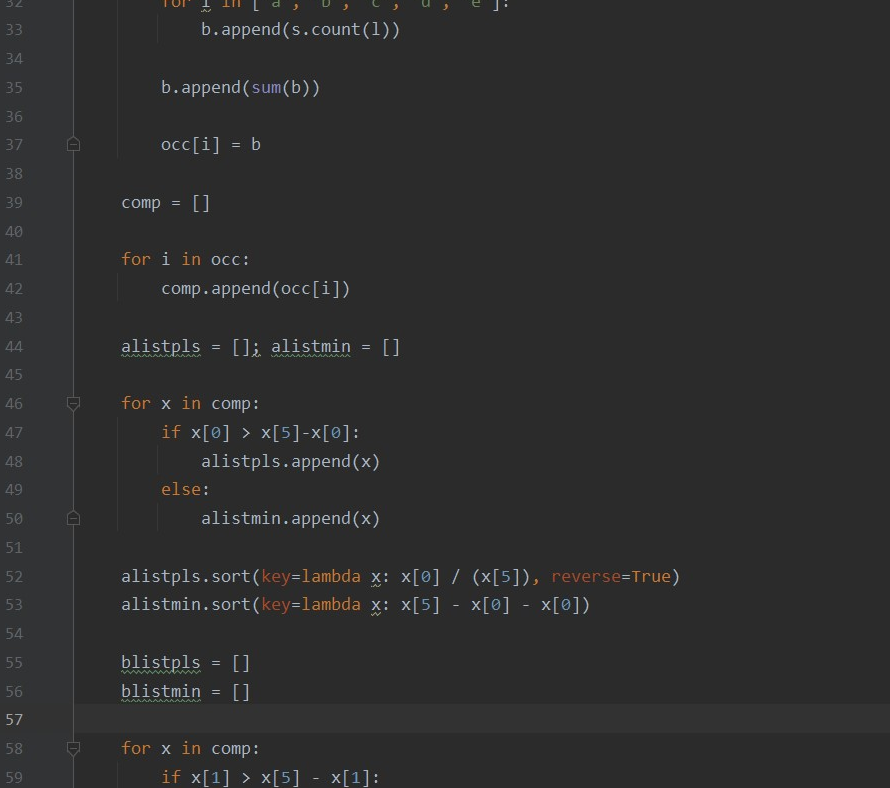The Advent of New Programming Opportunities
Computer science ,and coding in general, stands as an important aspect of modern society.
In a world that revolves around computers and advanced technology, computing provides unprecedented advantages for society, so students must be able to harness the power of computing.
Partaking in competitive programming (CP) and hackathons cultivates problem solving skills and strengthens programming ability, so these novel forms of competition should be encouraged and emphasized in high schools.
In CP contests, tasks involve different logical and algorithmic approaches. Problems can range in difficulty from being fundamentally trivial to complex, requiring the application of complex theories and approaches.
National Olympiad contests for high schoolers like the USA Computing Olympiad (USACO) give opportunities for successful competitive programmers to improve and represent the United States in the International Olympiad in Informatics. At a collegiate level, students can participate in the International Collegiate Programming Contest (ICPC).
Riley Borgard, Purdue University Computer Science (CS) and Mathematics graduate and two time ICPC World Finals qualifier, notes how CP teaches him exceptional skills.
“CP teaches me how to think when I’m facing a problem I’ve never seen before,” Borgard said.
Apart from helping students in other STEM-related activities, he finds that there is more than just the intellectual and competitive aspect.
“It’s a great way to improve your problem-solving skills, express creativity, meet interesting people, and have fun,” Borgard said.
Ishaan Singh, high school sophomore and active USACO participant, believes that the lack of emphasis on CP stems from the lack of CS classes in schools.
“Over time as more schools add CS to their curriculum, I believe competitive programming clubs will slowly be formed and gain members,” Singh said.
He goes on to say that there are many prerequisites to CP.
“CP clubs compare to competitive math clubs which are plentiful in American schools but in order for [CP clubs] to be plentiful, people must first learn [CS],” Singh said.
According to Shawn Gregory, Wilton High School sophomore, the skill of coding itself is important in today’s society.
“What should be more encouraged is coding as a skill itself… coding is what you would actually need in today’s world,” Gregory said.
A rise in coding courses across the nation would spur an interest in CP, retaining the emphasis on coding ability, while incorporating CP’s various benefits.
Daniel Sleator, professor of Computer Science at Carnegie Mellon University, teaches a course on CP and recognizes how many benefits it has.
“Many of the algorithms and techniques are classic ones that every computer scientist should know. One learns to think about algorithms in a deeper way, because many of the problems require you to devise a new algorithm, not just apply a classic one”(Course Description).
Additionally, CP contests like the ICPC incorporate elements of teamwork.
“ICPC teaches me how to work as a team in a way that school group projects usually don’t, because everyone on your team is actually interested and you must learn how to use your unique strengths and weaknesses,” Borgard said.
The skill of group collaboration can be seen in almost every career, and CP cultivates that skill. Hackathons differ from CP contests, however, being free-form contests where teams of participants make original creations.
“Hackathons encourage students to tinker with new software and hardware and challenge themselves,” Steven Leckart of the New York Times wrote in “The Hackathon Fast Track, From Campus to Silicon Valley.” This union of software and hardware has various applications in robotics, STEM, and numerous other industries.
Jack Leventhal, Wilton High School sophomore, expands more on this saying that having interests in math and CS is a benefit to CP.
“Those who have more of an affinity for CS and math would be more interested; targeting that demographic of students would be beneficial,” Leventhal said.
Hackathons would be a good fit for those interested in math and science, but ultimately a foundation in coding would prepare the entire student body for all sorts of careers.
Christian Willaum, math and CS teacher, hopes to incorporate programming contests in WHS curriculum to increase interest in the topic.
“Even if you’re not going to be a computer programmer or software engineer, there are many different academic differences and careers that could benefit from having at least a knowledge of [programming],” Willaum said.
In the end, computing plays a big role in society, and like core subjects, CS benefits students regardless of the careers they choose. By emphasizing CP competitions and hackathons, students learn crucial programming skills while also being able to compete and have fun. These forms of competition only offer benefits, and school teachers and administrators need to recognize their potential.
Anant Srinivasan is a senior at Wilton High School and a Managing Editor for the Forum. His interests range from programming to history and politics, and he is eager to share his writing with the Wilton community.

